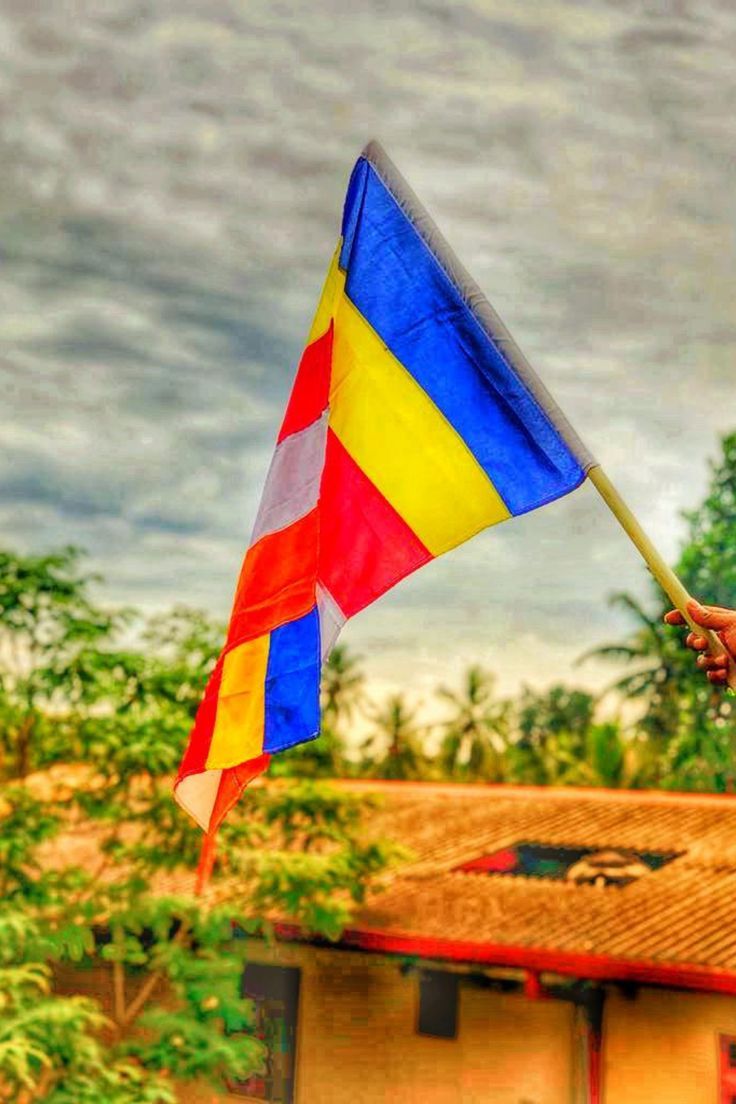also known as vesak, Vesakha Puja, Buddha Purnima, or Buddha Day, is an important Buddhist festival that commemorates the birth, enlightenment (nirvana), and death (parinirvana) of Gautama Buddha, the founder of Buddhism. In countries where Theravada Buddhism is practiced, Vesak is typically celebrated on the full moon day of the sixth lunar month, which usually falls in May. However, the exact date may vary depending on the lunar calendar used in different regions.
Vesak is a time of great significance for Buddhists, who engage in various religious activities such as visiting temples, offering alms to monks, chanting scriptures, and engaging in acts of kindness and generosity. Many Buddhists also decorate temples and homes with colorful lanterns and flags, symbolizing the joy and enlightenment brought by the Buddha's teachings.
The festival is not only a time for religious observance but also for reflection on the teachings of the Buddha and their relevance to contemporary life. It is considered a time for spiritual renewal and reaffirmation of Buddhist principles such as compassion, non-violence, and mindfulness.
Vesak is celebrated with great reverence and enthusiasm in countries with significant Buddhist populations, including Sri Lanka, Thailand, Myanmar, Cambodia, Laos, and various other parts of Asia. It is also recognized as a public holiday in many of these countries, allowing people to participate fully in the festivities and religious observances.









